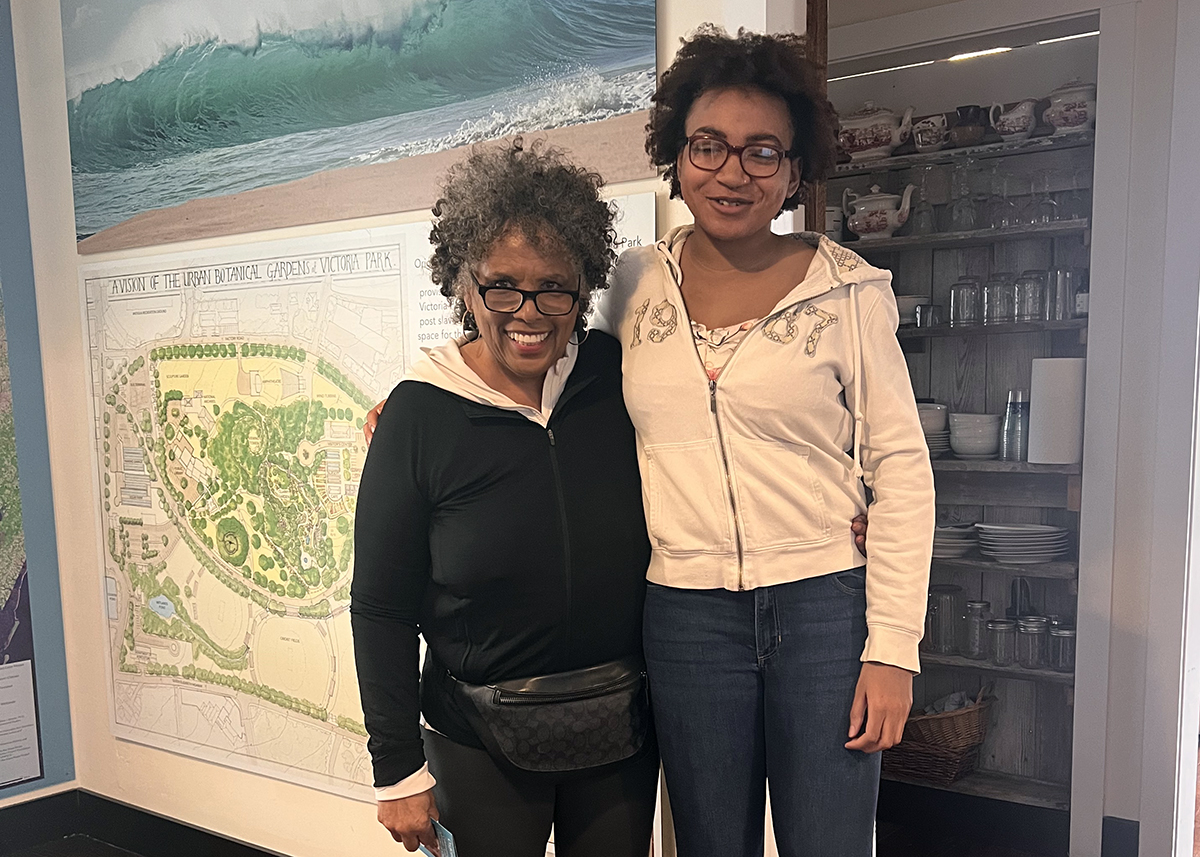The controversial sea-level rise law that has drawn unwanted international attention to N.C. has now morphed into another mandated state study by order of the N.C. General Assembly. As enacted last week, it stalls any meaningful policy development by N.C. in addressing sea-level rise issues for the next four years.
Ironically, the debate over the law has done a remarkable job of helping to inform the public about this issue. The on-going work of the N.C. Coastal Resources Commission over the past several years was mainly noticed only by “policy and scientific wonks,” and garnered only minimal public attention. The people behind the sea-level rise legislation still wanted to quash even that much discussion because they fear it would scare people away from developing and investing on the coast. Their efforts have only served to bring a huge amount of worldwide attention to the issue that reached into many households that had never thought about sea level rise ever before.
Supporter Spotlight
As noted by the U.S. Geological Survey report that came out a couple of weeks ago, our coast north of Cape Hatteras is a “hotspot” for sea-level rise in the world. We see the impacts of sea-level rise and a warming climate on our beaches, estuarine shorelines and with a shift northward of tropical species of fish (about 30) that now inhabit our state’s offshore waters. Even small increases in sea levels will make the impact from “storm surges” more severe, especially if combined with more storm activity.
The private insurance industry is well aware of the potential for increased damages due to an unstable climate, and it is continuing to shift more of the burden of insurance to the public sector. Many coastal states are now in the wind insurance business, and are very exposed financially if a major catastrophe storm occurs. These state-sponsored insurance pools have been formed as private insurers have declined to provide coverage in coastal areas.
Federal flood insurance has also stepped in to provide coverage that the private insurance companies aren’t willing to underwrite for flooding–but close examination of the limits of these policies reveals that homeowners in many cases are still very exposed to losses since this flood insurance is capped at $250,000 for residential structures, and does not cover land, which can erode away as sea level rises.
As long as government is slow to respond to the challenges posed by sea-level rise and climate change, it does so at the financial peril of its taxpayers. Already, private investors seize on opportunities to shift the costs of adapting and coping with climate and sea-level rise issues from their own pocketbooks to the public sector as much as possible. We see this with insurance, disaster relief, increased public infrastructure costs and tax write-offs for uninsured property losses. A vacuum in political leadership to act proactively on climate related issues simply serves to suck even more of these financial liabilities onto the backs of taxpayers.
Perhaps a series of face-to-face discussions among scientists, politicians and the general public is what’s needed most to address the disturbing antipathy for science that the sea-level debate has revealed among many of our state’s decision-makers. At least one advocate pushing for a legislative “fix” to sea-level rise has gone so far in his blog as to ridicule the state’s most respected university experts as “masquerading” as scientists while promoting their hidden agendas.
Supporter Spotlight
This open distain and disrespect for scientists might simply be chalked up to a tendency to shoot the messenger when bad news is being delivered. That’s too simple an explanation. It points to a more engrained tendency among many of us today to be very suspicious of experts. That’s because it’s all too easy to find “hired guns” to spew convincing expertise for whatever position any interest group wants to promote, and as the science behind environmental issues gets much more complex, it’s much more difficult to sort out who’s right and who’s wrong (or partially right or wrong).
If you’re the undeserving target of this anti-science ridicule, it’s only natural to become defensive and round up the wagons to defend your position. That would be the wrong response among our state’s scientists going forward as the Coastal Resources Commission continues to facilitate discussions over sea level rise policy.
All sides in this debate have already spent too much time talking “at” each other, and to their own “choirs.” The commission can perform good service by convening all interested parties together, and letting them spend some time getting to know and respect each other. Creating a productive dialogue is what’s needed most right now. That’s the best way to provoke a good public policy response to sea level rise issues.







